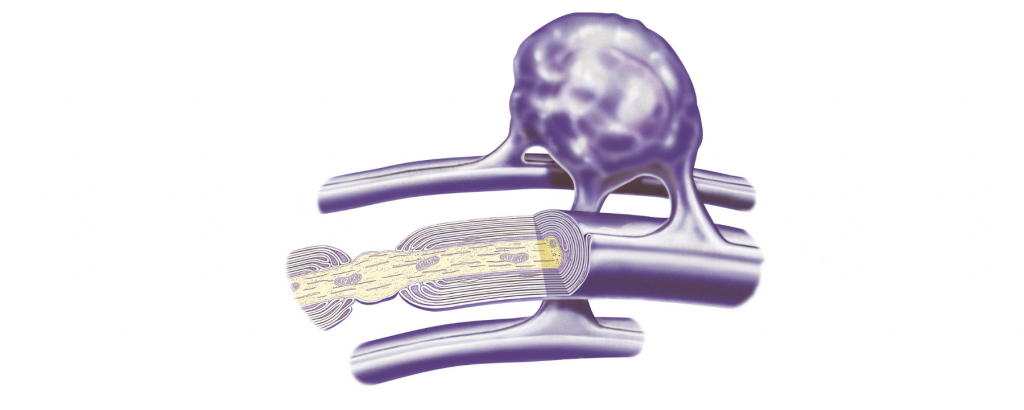Pelizaeus-Merzbacher disease is a genetic malady that leaves neurons without their myelin coating. This deficit has devastating consequences for the boys—it’s X-linked—who have it. “These children have severe developmental delay, so they have inability to walk, inability to talk and perform self-care,” says Nalin Gupta, a professor of neurological surgery and pediatrics at the University of California, San Francisco (UCSF). “Their neurologic function typically does not improve, and usually they actually die during childhood.”
About a decade ago, the biotech firm StemCells Inc. was looking for a neurosurgeon to try out an intervention that might finally offer some help for these children. Because Gupta had experience conducting surgical clinical trials in kids with disabilities, the company approached him to see if he could transplant neural stem cells into the brains of boys with Pelizaeus-Merzbacher disease (PMD)—an approach that researchers had considered promising for a range of conditions, but which had yet to be proven effective in a clinical trial for any disease. He agreed.
In 2012, Gupta and colleagues reported that four boys with PMD who had received pluripotent neural stem cells in a Phase 1 clinical trial tolerated the procedure, and imaging techniques that indirectly detect myelin indicated they may have had myelination in their brains one year following the transplant. This August, the researchers reported the results of a long-term follow-up study of those patients—all four are still alive at ages 10, 11, 12, and 13. Patients like these who have symptoms of the disease starting at birth typically die in their teens.
Although the researchers could not directly examine myelination—that would require autopsies—the imaging evidence is promising. There were some clinical improvements, too, although with such a small number of patients and no control group in a trial designed to examine safety, it’s hard to know whether they are attributable to the transplant….







